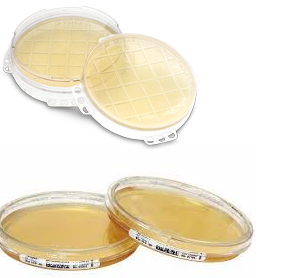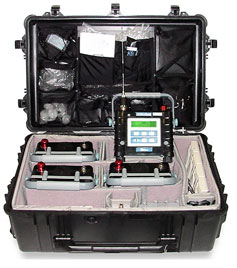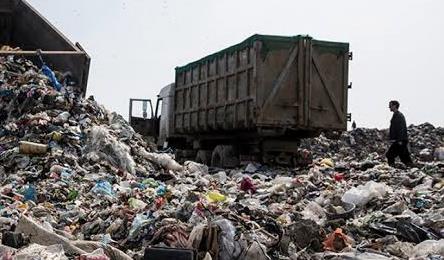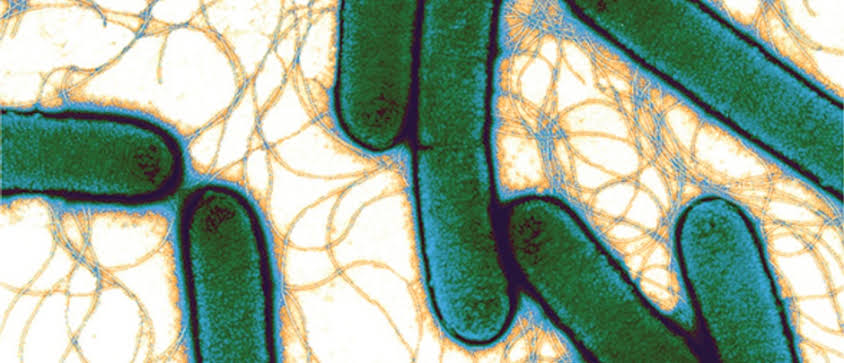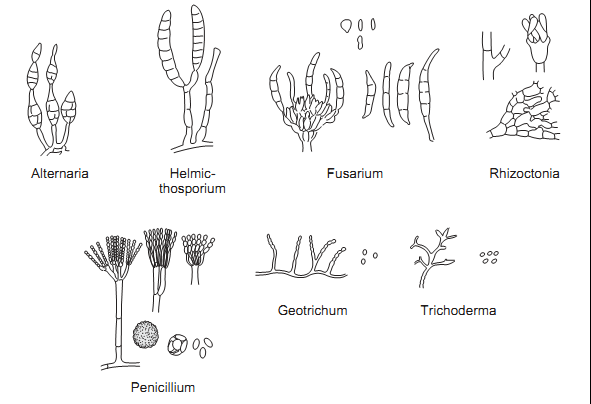PASSIVE AIR MONITORING
Passive air monitoring is usually done using special type of Petri dish plates known as settle plates. These culture plates are standard Petri dishes (measuring about 90 mm in diameter) that containing appropriate culture media that are opened and exposed for a given time and then incubated to allow visible colonies to develop and be […]
PASSIVE AIR MONITORING Read More »
Environmental & Soil Microbiology, Food Microbiology, Pharmaceutical Microbiology
